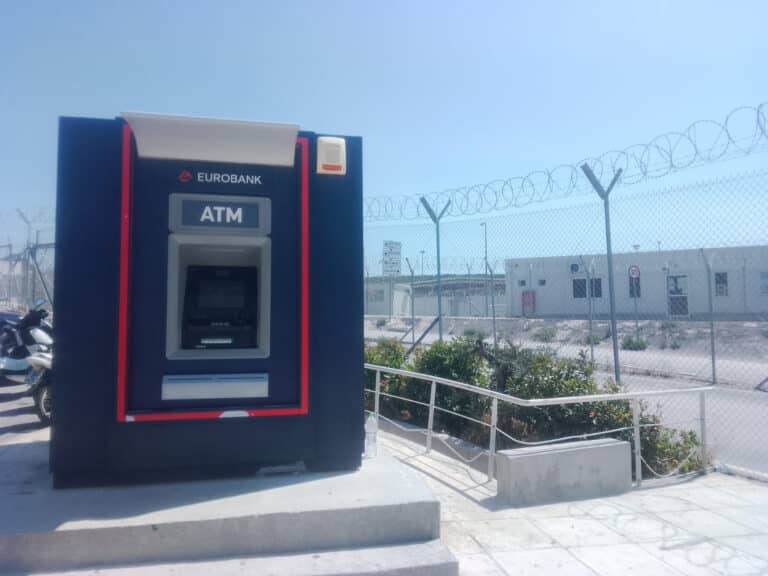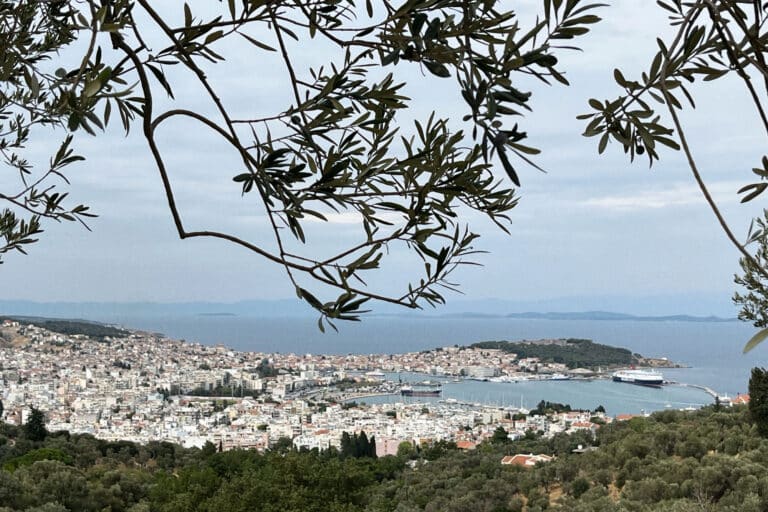CPTnet
7 March 2013
PALESTINE: Pedagogy of the occupied
Tardiness
|
A child waits while her book bag is checked at a checkpoint on the way to school. |
On school days in Hebron you can find members of CPT
watching as teachers and students pass through the checkpoints that separate
their homes from their schools. Two of the schools attended by children living
in and near the Old City lie within the “H2” area of Hebron, which is
under the control of Israeli soldiers and police. In order to reach their
schools, children and teachers must pass through metal detectors. Soldiers frequently
search their backpacks and briefcases. High school students and teachers are
sometimes subject to body searches, and frequent ID checks often make both
teachers and students late for school.
On 18 February the principal of the Ibrahimi School
for boys, Jaafreh, was present at the checkpoint, as he is most mornings,
making sure that his students made their way through checkpoint 209 and
hurrying them along to school. Jaafreh is well known to both CPT and the
soldiers at the checkpoint, and he was not in fact passing through the
checkpoint but on this particular morning soldiers approached him and demanded
to check his ID. The soldiers held Jaafreh at the checkpoint and did not allow
him to return to his school until after the school day had begun. “It’s
just an example of what we go through every day,” he told CPT.
CPT monitors two of the checkpoints used each school
day by children and teachers attending school in H2.
Detention
Palestinian activists working with the Committee for
the Defense of Hebron staged a nonviolent protest on 1 March in the city of
Hebron during a week-long remembrance of the killing of twenty-nine Palestinians
by an Israeli settler at the Ibrahimi mosque in 1994. Other events in the city
included a photo exhibit and several film screenings. Protesters demanded
the opening of the road between Hebron and the surrounding villages, and
reaffirmed the solidarity between Palestinians inside and outside of Israeli
prisons.
Protesters attempted to walk from a nearby Mosque to
the entrance to the Old City, but were stopped by Israeli soldiers who used
tear gas and sound grenades. During the demonstration, twenty-two-year-old
Ibrahim Alehih was badly injured and then arrested and taken to the military
base.
After Alehih’s arrest CPTers encountered his
8-year-old sister. She had witnessed his injury and arrest and was too upset to
leave the entrance to the military base, despite the fact that soldiers were
continuing to fire tear gas canisters in the public square where she was
standing.



